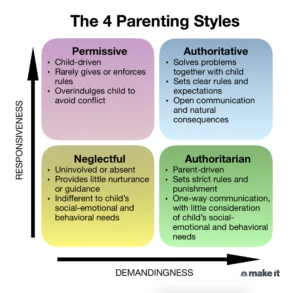Feeding your newborn can feel like a guessing game, but understanding their hunger cues and nutritional needs can help you establish a healthy routine. Let’s break down how often to feed your baby based on expert advice.
Breastfed vs. Formula-Fed Babies
- Breastfed Babies: Newborns typically feed every 2-3 hours, or 8-12 times a day.
- Formula-Fed Babies: Formula takes longer to digest, so feedings may occur every 3-4 hours, averaging 6-8 times daily.
Evidence: The American Academy of Pediatrics (AAP) recommends responsive feeding, meaning parents should watch for hunger cues rather than sticking to rigid schedules (AAP, 2022).
Recognizing Hunger Cues
Babies communicate their needs through non-verbal signals. Common hunger cues include:
- Rooting (turning head toward your hand)
- Sucking on fists
- Lip smacking
- Fussing and crying (late-stage hunger)
Evidence: According to research in Early Human Development, responding to early hunger cues promotes better feeding outcomes and reduces overfeeding (Giugliani et al., 2016).
Understanding Growth Spurts and Feeding Frequency
Growth spurts often occur around 2-3 weeks, 6 weeks, and 3 months. During these times, babies may nurse or bottle-feed more frequently.
Evidence: Studies have shown that during growth spurts, caloric intake can increase by up to 20% for several days before stabilizing (Dewey et al., 1991).
Nighttime Feedings
Newborns typically wake for feedings every 3-4 hours. While exhausting, nighttime feedings are essential for growth and development.
Evidence: Research from Pediatrics confirms that frequent nighttime feedings support healthy weight gain and prevent hypoglycemia in the early weeks (AAP, 2022).
Conclusion
Every baby is unique. Trust your instincts, follow your baby’s cues, and consult your pediatrician if you have concerns about feeding frequency or weight gain. By practicing responsive feeding, you’ll build a nurturing and fulfilling feeding experience.
Next in the series: When Should I Start Introducing Solid Foods?


